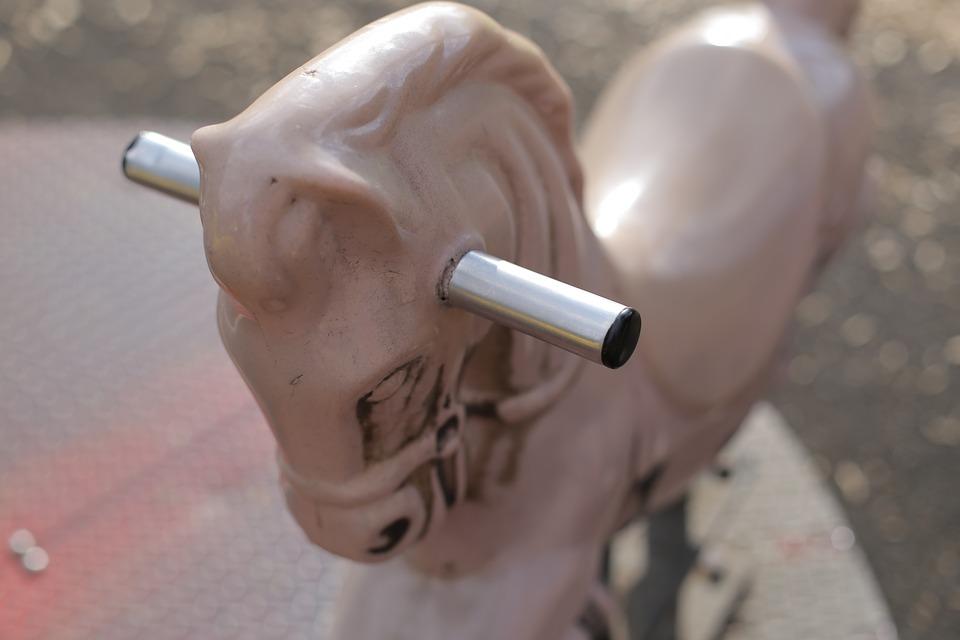
Growing up a Horse Farm Kid
Children growing up on a horse farm can grow up to be anything they’d like, but for right now they’re just happy to play outside and wrangle those pesky mares. And here’s what they get from it.
In an era where horse farms are slowly being replaced by housing developments, more children are spending their time with technology, but there are still children growing up on horse farms with animals contributing to their growth and development. These children are able to bring a different perspective to the school setting and have a larger set of skills when they enter the workplace. Here’s why.
They acquire a stellar work ethic. These children usually put in hard work cleaning stalls and feeding horses. They know how to sweep the barn aisle, lead the horses in and fill the hay bags…and they start as soon as they can walk. They start slow and early on because they want to do the work they see their other family members bonding over. Most of them enjoy the work and structure ,and the daily workload of the farm prepares them for demanding managers and tough work days. It also teaches them that with hard work comes items earned.
They learn the importance of earning what they want. Exchanging barn chores for money or toys allows children growing up on a horse farm to appreciate the money and items they are receiving. They learn that each item has a value and how much work needs to be put in to earn that item. These children also learn that if they didn’t work as hard as their siblings, they didn’t earn, and won’t receive, the rewards their siblings are getting.
They learn good sportsmanship early. These children learn at an early age that hard work is rewarded with positive outcomes. They also know that if you don’t work hard and put in the effort, you don’t win. They learn to encourage others and they share their resources…and even their good horses if another is in need. When they fall short of winning, they are discouraged, but they pat their horses anyway and congratulate the winner.
From a five-year-old, if you don’t ride right, you don’t win.
They aren’t interested in the traditional rocking horse. Every other child in the preschool classroom is ecstatic to get a rocking horse to play on. Not the children coming from a horse farm. They’d rather go to the barn after school to brush and tack their living ponies (which is hard to believe sometimes, knowing some ponies). They even take it to the next level, questioning the children about inconsistencies in tack between the painted-on set on the rocking horse and the tack they apply on their horses at home.
They experience more than TV and computer screens. In a world consumed by Fortnite and Call of Duty, these children continue to experience the great outdoors. They expression, “God made dirt so dirt don’t hurt.” There isn’t one occurrence where these children come in clean. They can’t even make it after school from the car to the door without ruining their school clothes. Horse farm children just can’t fight the urge to pick up bugs, play in creeks, dig in the dirt and practice throwing their ropes. These outdoor activities do make an impact on these children and helps them to develop psycho-motor, critical thinking and teamwork skills.
They show up to school or preschool with a larger vocabulary. The teachers are impressed, but sometimes even they have to ask Siri what the words coming out of your four-year-old’s mouth are. These children come in knowing their colors and numbers because of the numerous times their parents say things such as, “Go out there and grab those two red mares.” This type of lifestyle also teaches vocabulary such as mare, foal, gelding, trot, canter, bridle and girth. It also teaches them some choice words they know to keep out of their usable vocabulary.
They learn how to care for other living creatures. Empathy and sympathy along with first aid necessities are instilled at a young age. A young child is naturally observant and asks many questions. When a horse comes into the barn injured, it very quickly draws the attention of the children who see the horse daily. They learn to clean and wrap the wound with a gentle touch. They are also educated on how to stop the bleeding by using pressure, which is information that may be useful in the community.
By growing up on a farm these children are experiencing an entirely different lifestyle than most of the other children in their classes. The different skills and education they’re receiving allow them to accomplish high goals that they set for themselves as they grow and mature. They have all the personality traits that make a great doctor or lawyer, but don’t be surprised if you see these children choosing professions where they provide the food on your table, build your house or fix your car. But for now they’re just happy playing outside and attempting to wrangle those two stubborn mares.










Leave a Comment